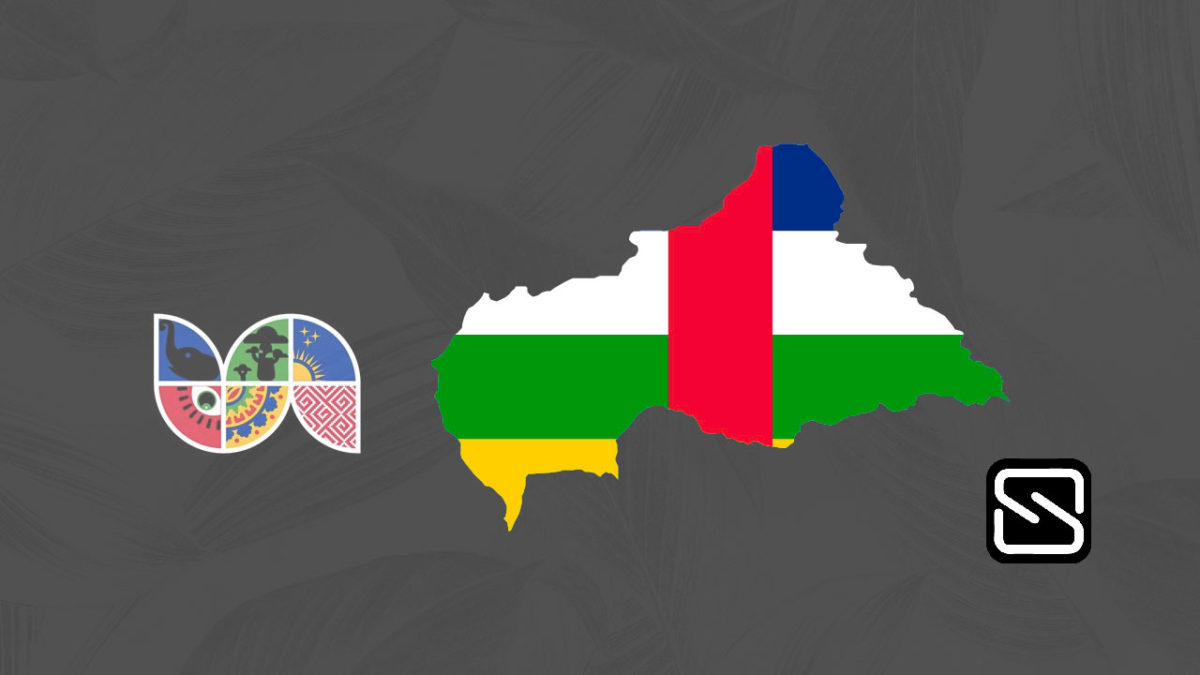The purchase of citizenship, “e-residency,” and land using a cryptocurrency, the Government introduced last month was ruled as unconstitutional by the Central African Republic’s Constitutional Court recently.
The Sango Coin went on sale on July 21 despite a sharp fall in bitcoin prices during recent months and doubts over the project’s viability in a poorly connected and war-torn country.
Under the initiative, foreign investors would have been able to buy citizenship for $60,000 worth of crypto, with the equivalent Sango Coins held as collateral for five years and “e-residency” for $6,000, held for three years, according to the Sango website.
A 250-meter square plot of land had also been listed as $10,000, with the Sango Coins locked away for a decade.
However, the nation’s highest court has now ruled that those purchases are unconstitutional, arguing among other reasons that nationality did not have a market value and that residency required a physical stay in the Central African Republic (CAR), a decree showed.
Also, the impact on the Sango Coin initiative was not immediately clear.
When asked to comment on the recent decision by the court, Government spokesman Serge Djorie stated that he did not have a response to the ruling.
CAR, also reported as one of the world’s poorest countries, became the first in Africa to make bitcoin legal tender in April, raising eyebrows among cryptocurrency experts and prompting the International Monetary Fund to warn it was not a “panacea” for the continent’s challenges.
Although sales of the sango coin have been slow, with just over 5% of the target bought in the hours after its launch, the Sango Coin has been supported by President Faustin-Archange Touadera who says it is a remedy for financial exclusion and that it will encourage investment in the vast mineral wealth of the CAR.
